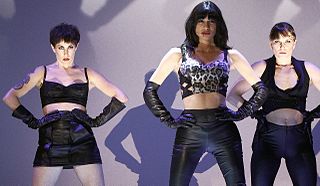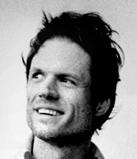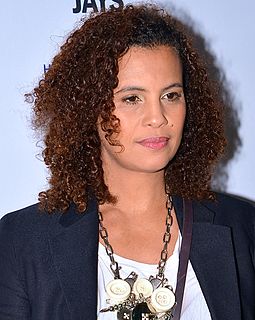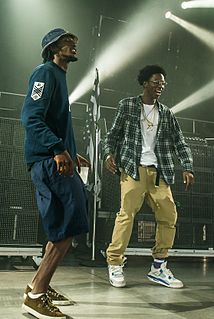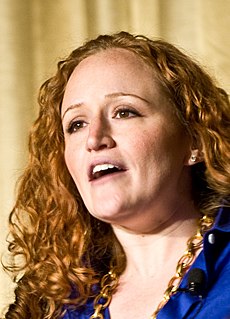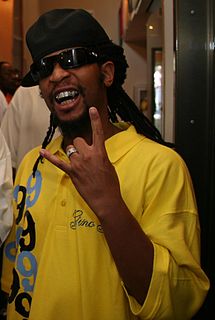A Quote by Tommy the Clown
Hip hop dancing is more like choreography and it's more made up and you have to learn it. This, this Krump and Clowning you can't learn, it's just in you, the music moves you, you know. It's raw and organic, you know, it's like whatever comes out of you, you make it up tempo with the rhythm, you know, and it just comes out.
Related Quotes
In this time, we incorporate money and media, and it's split up like apartheid, where when you say "hip-hop," you think just rap records. People might have forgot about all the other elements in hip-hop. Now we're back out there again, trying to get people back to the fifth element, the knowledge. To know to respect the whole culture, especially to you radio stations that claim to be hip-hop and you're not, because if you was a hip-hop radio station, why do you just play one aspect of hip-hop and rap, which is gangsta rap?
In American commercials in the past year or two, I don't know, the singers all sound like they're whining and the music's all melancholy. It's sort of like, I hear these commercials and it makes me feel sad, you know? Like - for instance, my barley tea is gone. Now, there's music out there that encourages you, when your barley tea has run out, to just sort of sit there and be like "My tea ran out. Oh, man." And just be slouching. So we wanted to make music that when your tea runs out, instead you're like, "I'm gonna go get some more tea!" You know? It just gives you the energy.
Socially, hip-hop has done more for racial camaraderie in this country than any one thing. 'Cause guys like me, my kids - everyone under 45 either grew up loving hip-hop or hating hip-hop, but everyone under 45 grew up very aware of hip-hop. So when you're a white kid and you're listening to this music and you're being exposed to it every day on MTV, black people become less frightening. This is just a reality. What hip-hop has done bringing people together is enormous.
I think hip-hop has changed. When I first came out, hip-hop was more of a kind of way to learn about new places, new things. What are kids doing on the East coast, what are kids doing here. Then it left that and is like a party mode. I think it's going back to people wanting to get messages and wanting to learn things from the music.
I wouldn't compare my sound on the mixtape to anything, but my influences are like - the minimal amount of hip-hop that I actually do know - because I didn't grow up listening to hip-hop like that. No one really put me on to hip-hop like that... My dad's from Jamaica and my mom is from Barbados, so that's really the stuff I grew up listening to.
My therapist told me I need to learn to love myself. It sounds easy enough, but really, how do you just wake up one day and learn that? It feels like something you should just do involuntarily, like swallowing or blinking, but now I have to work on it. It feels so forced. I mean, I know I went to a good school, and people tell me I'm smart and creative, but I don't KNOW that. I don't know how to make myself feel that.
I was listening to Jimi Hendrix and Pink Floyd, because that was new music for me. I really hadn't been up on them. I mean, I'd heard of them, but I wasn't up on their music. And I kept listening to Radiohead, and I was like, Man, I want to make hip-hop that feels like Radiohead. I want to make hip-hop that can use guitars and soul and jazz and just fuse it all together.





